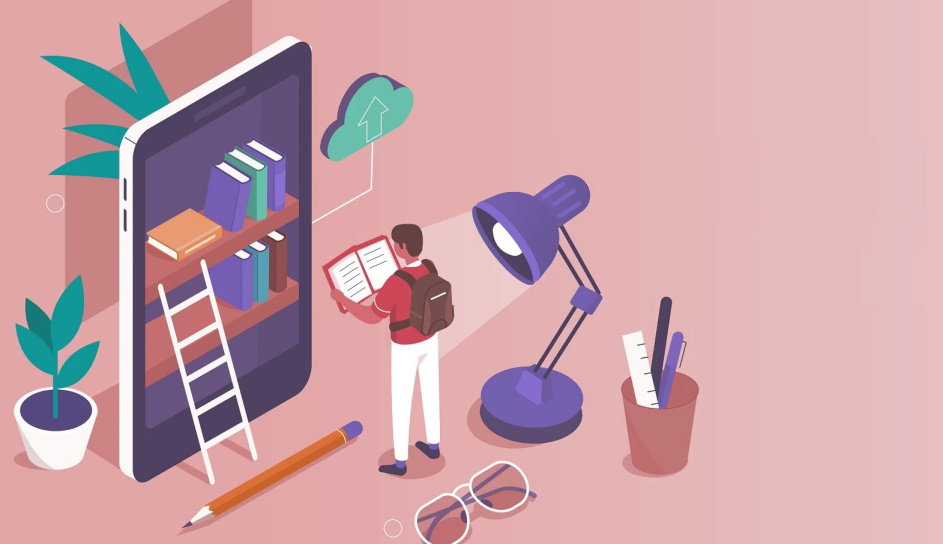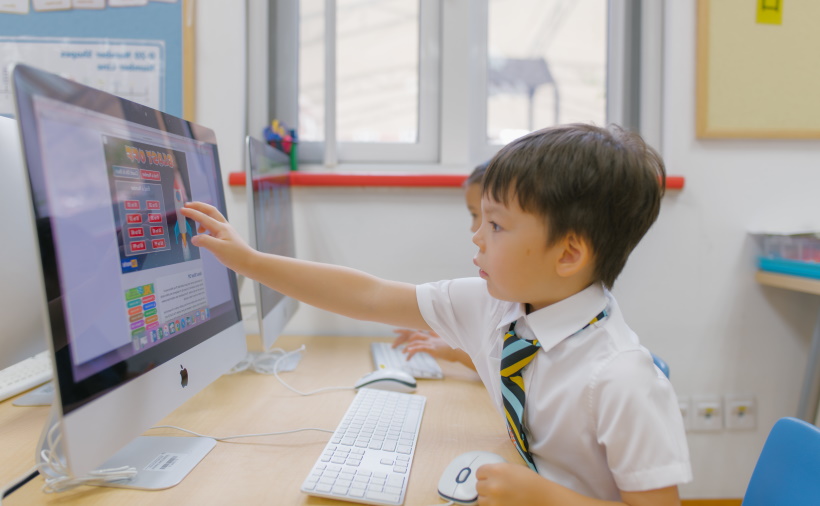
Ways to Adapt Education for the Digital Age: Improving Learning in the 21st Century
- Published in:
- Business Learning
As technologies evolve, educational institutions need to adapt to provide their students with the best possible learning experience. There are many ways that schools can make changes to accommodate digital media better, and these adjustments can have a positive impact on students’ academic performance. By using online tools and resources, providing opportunities for hands-on learning, and encouraging collaborative learning, educators can help prepare their students for success in the 21st century.
Rethinking education in the digital age
The digital age has transformed how we communicate, work, and even learn. So, it’s no surprise that education has also had to adapt to this new reality. Here are a few ways that educators are changing the way they teach to meet the needs of digital-native students:

- Make use of technology: Technology can be an excellent tool for engaging students in learning. Whether using tablets or computers in class or providing online resources for students to use at home, incorporating technology into the classroom can help make learning more interactive and fun.
- Teach digital literacy: Students need to know how to use technology and understand how it works and how evaluate the information they find online critically. We can help students become savvy consumers of information and prepare them for the future by teaching digital literacy.
- Incorporate more project-based learning: Project-based learning is a great way to engage students in active, hands-on learning. By giving students real-world problems to solve, they can learn important skills like critical thinking, problem solving, and collaboration.
- Personalize instruction: There’s no one-size-fits-all approach to education in the digital age. However, with the vast amount of resources available online, educators can customize their lessons to meet the individual needs of their students.
How is learning changing in the digital age?
Though it’s been around for centuries, learning is rapidly changing in the digital age. With technology becoming more and more prevalent in our lives, online education is becoming a more popular and viable option for students of all ages. But what impact is this having on the way we learn? And how can we make sure that learning stays relevant and beneficial in a digital world?
Digital technologies are radically changing the way we live, work and play. But, unfortunately, they are also changing the way we learn.

In a world where information is increasingly accessible, and new technologies are emerging, learners need to be adaptable and think critically to make sense of their presented information. They also need to use digital tools effectively to create, communicate, and collaborate.
The digital age is therefore changing what it means to be literate. The traditional view of literacy as being able to read and write is no longer sufficient. Instead, learners need to be digitally literate – that is, they need to understand and use digital technologies to access, create, and communicate information.
Digital literacy is, therefore, about much more than just using computers. It includes a range of skills, such as finding, evaluating, and using online information, using digital tools for communication and collaboration, and creating and sharing digital content.
Being able to read and write is no longer sufficient. Instead, learners need to be digitally literate – that is, they need to understand and use digital technologies to access, create, and communicate information.
